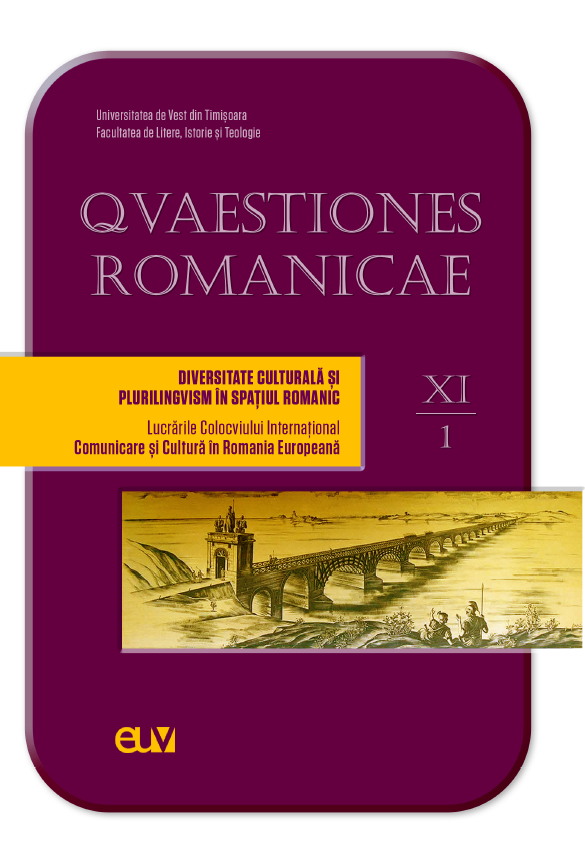Identitatea regizorului în spectacolul de operă. Vocea umană de Francis Poulenc
Abstract: (The identity of the director in the opera performance) The Human Voice by Francis Poulenc) The work aims to detect the instruments that are the basis of staging an opera performance. Considered a sacred object, the musical score contains a lot of information the director needs to mount the proposed title. Musical dramaturgy is encoded in the heights of the notes, in the values, in the timbre colors of the instruments, in the dynamic and agogic elements, in musical themes and motifs, and more importantly, in the opera's leitmotiv system. The director's aim is not to illustrate the music, which would demonstrate the lack of inspiration and would also represent a tautological act, but to (re)create, following the data imposed by the music, a new, very personal, aesthetically interpreted universe imbued with themes, subtexts, truths, and emotions. The indissoluble link between the text and the score must be considered a way to support the director's vision, not as imprisonment in a strict and hard-to-describe world. The musical reflexivity, not accidental in the case of Poulenc, enhances the meaning of the words and provides support to the directorial concept when the correct decryption has been achieved. To better understand how one can follow the route from the text to the score and then to the performance, we will introduce the stages of the mise-en-scène of the performance The Human Voice by Francis Poulenc.
Keywords: director, musical dramaturgy, opera, linguistic diversity, Poulenc.
Rezumat: Lucrarea își propune a decela instrumentele ce stau la baza montării unui spectacol de operă. Privită ca un obiect sacru, partitura muzicală conține multiple informații de care are nevoie regizorul pentru a monta titlul propus. Dramaturgia muzicală este încriptată în înălţimile notelor, în valori, în culorile timbrale ale instrumentelor, în elementele de dinamică și agogică, în teme și motive muzicale, dar mai cu seamă, în sistemul leit-motivic al operei. Scopul regizorului nu este de-a ilustra muzica, fapt care ar demonstra lipsa de inspirație și ar reprezenta totodată un act tautologic, ci de a (re)crea, în concordanță cu datele impuse de muzică, un univers nou, foarte personal, tălmăcit estetic și impregnat de teme, subtexte, adevăruri și emoții. Legătura indisolubilă dintre text și partitură, trebuie privită ca o modalitate de a susține viziunea regizorală, nu ca o închistare într-o lume strictă și greu descriptibilă. Reflexivitatea muzicală, deloc fortuită în cazul lui Poulenc, potenţează sensul cuvântului și oferă sprijin conceptului regizoral atunci când decriptarea corectă a fost realizată. Pentru a înțelege mai bine cum se poate urmări traseul de la text la partitură și apoi la spectacol, vom face cunoscute etapele mizanscenei spectacolului Vocea umană de Francis Poulenc.
Cuvinte-cheie: regizor, dramaturgie muzicală, operă, diversitate lingvistică, Poulenc.
